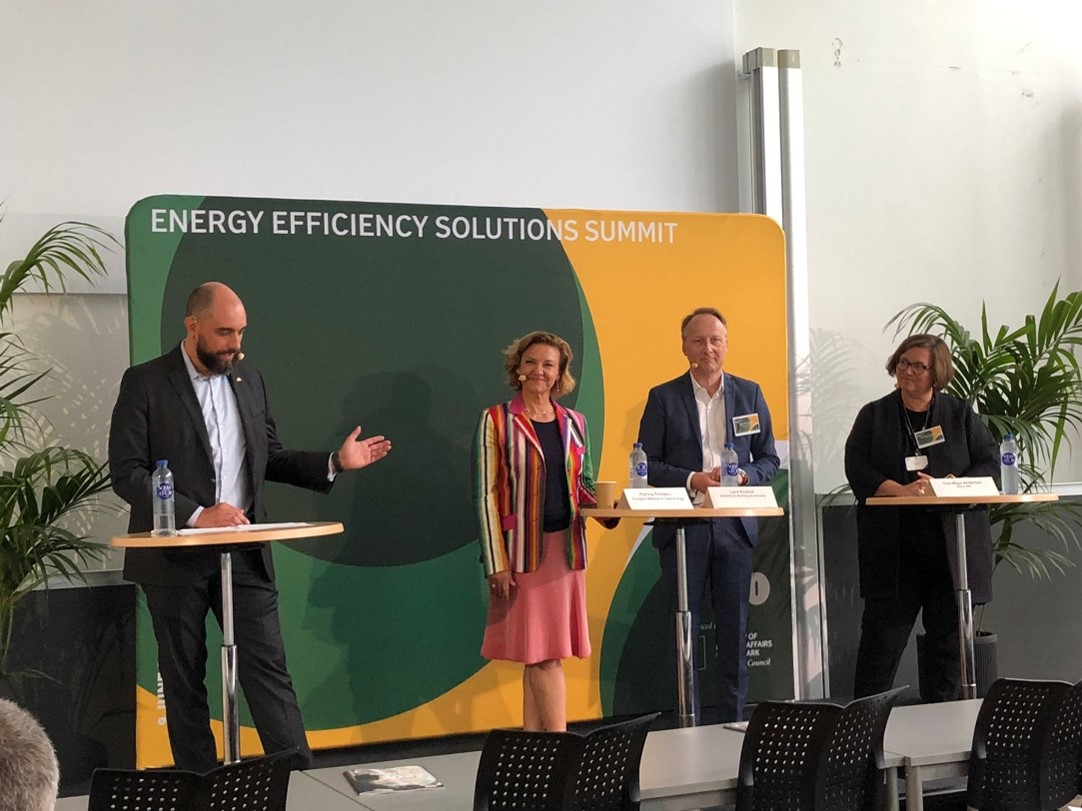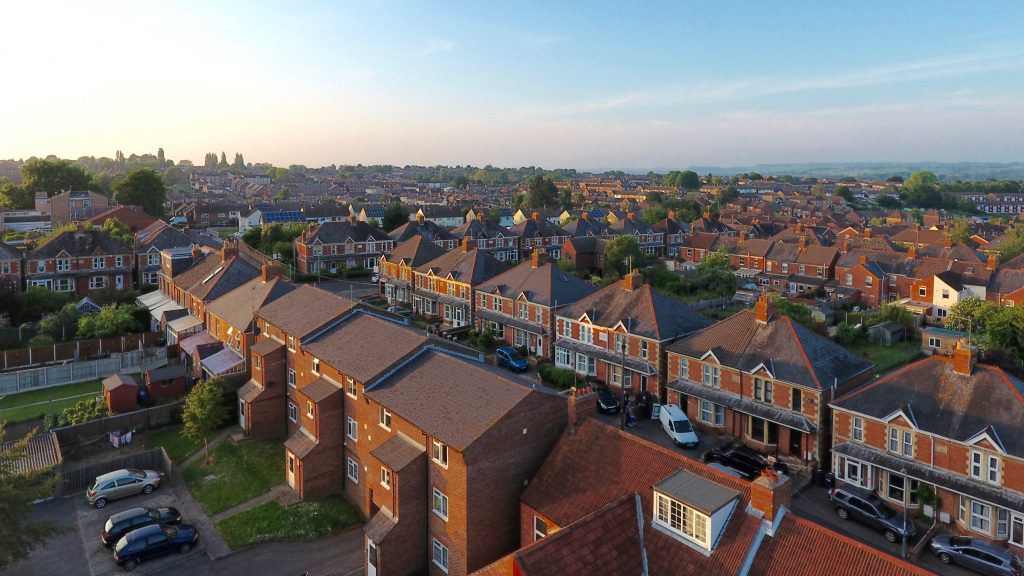EU-ASE at IEA’s 7th Global Conference on Energy Efficiency

The Danish city of Sonderborg hosted the 7th edition of the IEA’s Global Conference on Energy efficiency, one of this 2022’s most momentous days for energy efficiency.
From the 7th to the 9th of June, Ministers, campaigners and business leaders from all around the world came together to discuss the global challenges concerning climate change and the impacts to the energy systems caused by the Russian invasion of Ukraine. It was also the occasion to exchange on the various solutions that are driving forward the energy efficiency agenda, with European companies leading at the forefront through continuous innovation.
The President of EU-ASE, Monica Frassoni, who was invited to participate in the Conference, said “Never before we have needed energy efficiency so much as today. There is clear global impetus to move forward globally. Every day, new solutions are emerging that are allowing us to save more energy. This is brilliant because we cannot afford to waste energy anymore, we need solutions now.”
As a side event, Dansk Industri, the Danish Confederation of Industries, invited Ms. Frassoni to join two panel discussions, where she shared her views on how energy efficiency is driving Europe’s decarbonization through public and private partnerships, and on how building renovations are making our lives healthier, together with VELUX and NOVENCO.
You can watch again the IEA’s Opening Plenary here, as well as the panels on public-private partnerships and on health buildings through deep renovations here and here.




